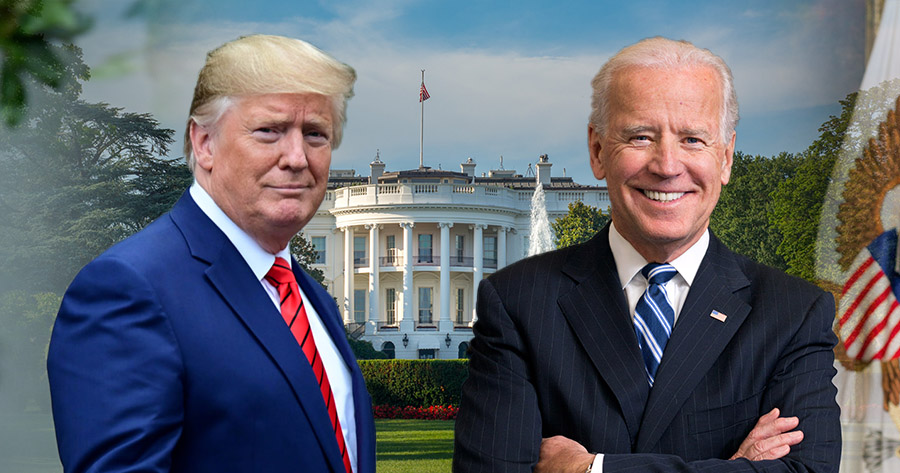According to a quarterly survey conducted by The Wall Street Journal, a majority of economists predict that inflation, deficits, and interest rates would see an increase in a potential second term for President Trump compared to if President Biden were to remain in the White House.
The survey, which gathered responses from 68 experts between July 5-9, revealed that of the 50 respondents assessing Trump and Biden, 56% believed inflation would be higher under another Trump term, while only 16% held the opposite view. The remaining respondents noted no significant difference.
The economists’ views on inflation and interest rates were primarily driven by Trump’s policy stances, particularly concerning trade and immigration. Trump’s proposals, such as imposing tariffs on imports and prioritizing mass deportations of unauthorized immigrants, were highlighted as factors likely to impact the economy.
Conversely, Biden’s initiatives aimed at allowing unauthorized immigrants to stay in the US and executive actions targeting illegal border crossings were also considered influential.
The outcome of future policies will be dependent on various factors, including the composition of Congress and potential legal challenges. However, it is acknowledged that presidential influence on the economy is limited compared to factors like the business cycle, external shocks, and the Federal Reserve’s monetary policies.
In recent developments, the Labor Department reported a decrease in year-over-year inflation to 3% in June from 3.3% in May, with expectations of a further decline to 2.8% by December and 2.3% by the end of 2025.
Economists anticipate modest GDP growth, slightly above 4% unemployment through 2026, and an expansion of payrolls by an average of 131,000 jobs per month over the next year. Additionally, economists believe there is a 28% probability of a recession within the next 12 months.
The differing tax plans of the candidates also play a role in assessing deficit risks, with fifty-one percent of economists foreseeing larger federal budget deficits under a second Trump presidency.
The expiration of certain tax cuts and potential tax increases under Biden are factors influencing these forecasts. Moreover, concerns have been raised about the potential impact of Trump’s efforts to influence the Federal Reserve’s independence on monetary policy decisions.
Meanwhile, some economists also highlighted the Democratic Party’s tendency towards increased government spending as a factor that could lead to higher inflation, deficits, and interest rates under another Biden term.





